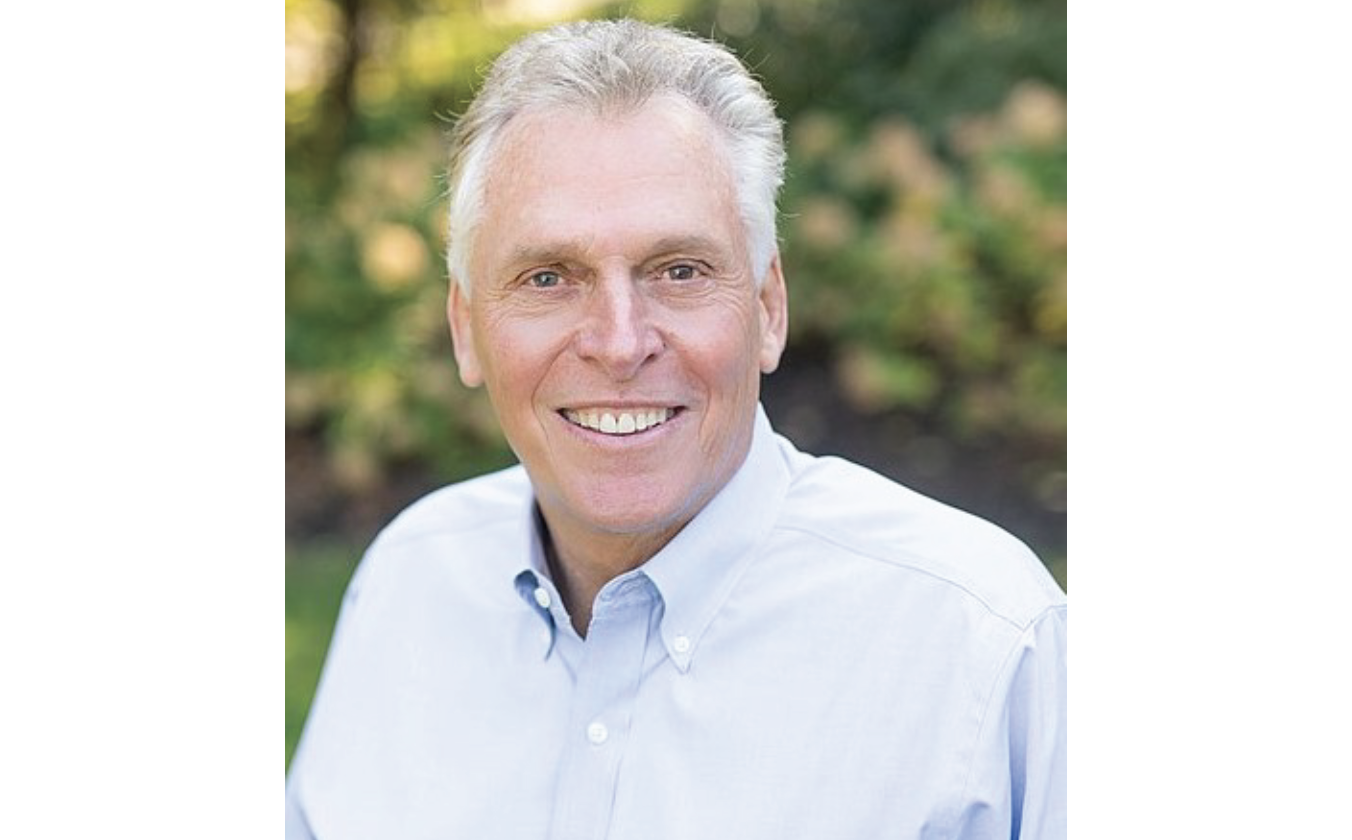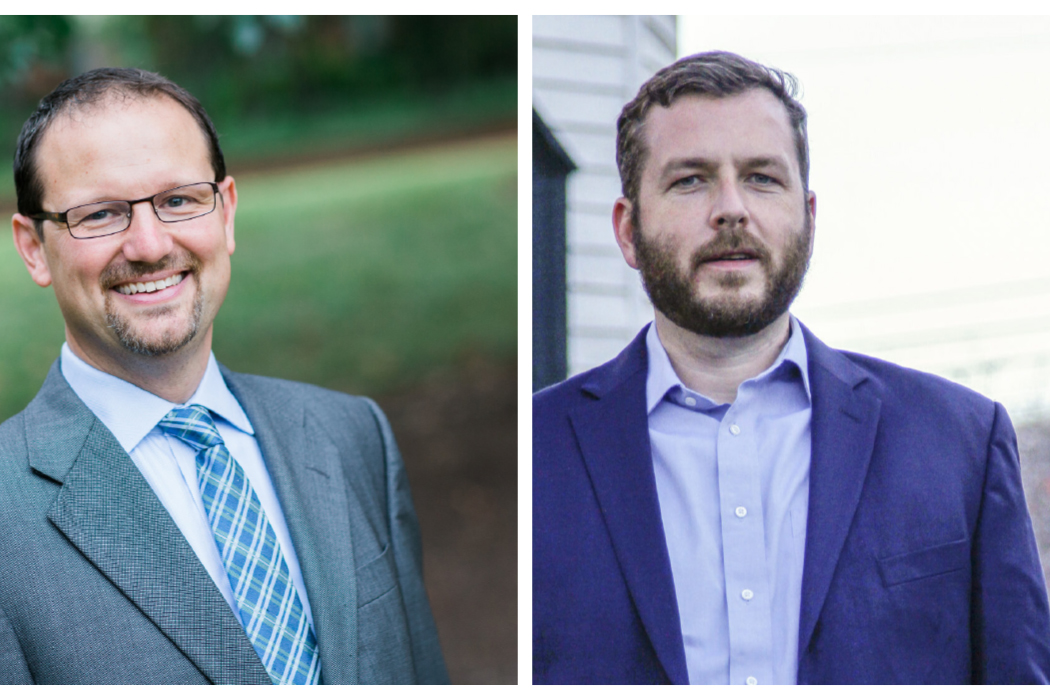In October, leaders at the Unitarian Universalist Church of Charlottesville penned a blog post accusing the Charlottesville Police Department of racial profiling. According to the clergy, CPD unnecessarily detained and intimidated a Black congregant as he was walking to church.
On December 10, Charlottesville Police Chief RaShall Brackney held a press conference during which she shared body camera footage, and announced that an internal investigation conducted by her department found no evidence of police misconduct during the October 7 stop.
After sharing the results of the investigation, Brackney demanded that Unitarian church leaders “apologize or be terminated,” calling the church’s claims “baseless and race-baiting.” The press conference drew concern from activists in town, and placed renewed scrutiny on the department’s internal investigations policy.
Profiling incident
In an open letter released October 15, the clergy accused the department of harassing one of their church members, a 63-year-old Black man. According to the church, the man was allegedly surrounded by five police cars after a UVA student called the police on him while he was walking to church. The officers asked him what he was doing in the neighborhood, and demanded his social security number and identification, suspecting him of committing a recent series of break-ins.
The church claimed he looked nothing like the photo of the suspect, but was still interrogated until a white church member came over to investigate the situation. The clergy called on the department to apologize to the man.
After reviewing the 911 call, radio transmissions, and body camera footage, and interviewing the parties involved, CPD’s internal affairs unit concluded that the church’s claims were false, said Brackney last Thursday.
According to audio and visual evidence, the 911 call that sparked the incident was not made by a UVA student, but a teenager. She claimed that a Black man was loitering on private property, and that he had previously broken into a neighbor’s house.
While standing on the sidewalk, the church member flagged down the responding officer because he had seen someone run into the house and assumed the homeowner had called the police. A second officer soon arrived on the scene, and explained he should not cut through private property to get to his church, in light of the recent break-ins.
Body camera footage showed that the church member, who had a tracheostomy and could not speak, was visibly upset. He believed the officers were accusing him of committing the break-ins, which they clarified they were not.
“The thing is, if I lived there, and somebody walks behind my house every day, it would make me nervous too,” said the second officer. “If you’re freaked out, and they’re freaked out, and the common denominator is not to walk through there, then why don’t we do that?”
When the man claimed the police were called because he was Black, the second officer, who is also Black, insisted “it [had] nothing to do with race,” and told the three detectives who arrived on the scene that the man was playing “the race card.” A church member later came over to check on the man, who was never detained or charged with a crime.
Press conference sparks strong feelings
The police department initiated an investigation into the incident after it received the letter from interim lead minister Reverend Dr. Linda Olson Peebles in October, but it wasn’t until a month later, when the letter was shared on Twitter, that the activist community took notice. In late November, the Defund Charlottesville Police Department Campaign and other advocacy groups penned an op-ed in the Cavalier Daily, calling for the firing of the officers involved in the alleged racial profiling incident.
During the press conference, Brackney fired back. The chief listed the names of the church members who signed the open letter, accusing them of leveraging “their privilege and self-serving agendas.” She also called for the activist groups who “co-signed this smear campaign” against CPD to issue apologies.
Shortly before the press conference, Peebles issued a statement to her congregation, expressing the church leadership’s concern over the investigation’s findings. She claimed there were “a number of discrepancies between the testimony of the police and the account of the church member,” but that the church member no longer wanted them to address the situation.
Peebles later said Brackney made “unfair accusations” about the church leadership during the press conference. She claimed the church leadership penned the letter after talking directly with the church member, and had him approve it before sending it to CPD. They also never asked for the officers to resign.
“We are disappointed…as it seems [CPD] has minimized our member’s experience, our concerns, and our right to ask for the police to respond to us without malice,” she stated.
In a statement released December 12, Defund CPD also criticized Brackney for her retaliatory rhetoric during the conference.
“Brackney [attempted] to publicly intimidate those who rightfully questioned and criticized the police,” read the statement. She “intended to discredit the voices and experiences of the Black community…and to silence anyone who might think of filing a complaint against the police in the future.”
Defund CPD demanded Brackney resign immediately for abusing her power, and called on City Council to take action.
Sarah Burke, a member of the city’s initial Police Civilian Review Board, hopes Brackney’s behavior will not deter local residents from filing complaints about police misconduct, which they can also send to the oversight board, with the department.
“When you have a press conference…where the narrative is so spun to be protective of police and critical of anybody who wants to report what they believe to be racial profiling, [that] is part of a bigger pattern of the way people have been silenced historically,” she says. “It begs the question of how impartial the police can be in investigating their own conduct.”
Internal affairs
Usually, the police department publishes the results of its internal investigations on its website, describing the outcome with a single word: sustained, unfounded, exonerated, or not resolved. The department found the church’s racial profiling complaint to be unfounded.
The internal affairs data on the police department’s website was last updated on September 28 of this year, and from January 1 to September 28, the department opened 28 internal investigations. Ten were sustained, meaning the officer “acted in violation of applicable procedures.”
The results of the department’s internal accountability procedures don’t always align with outside sources’ assessments of the incidents.
After officer Jeffrey Jaeger, who is white, slammed a Black man’s head into a fence while responding to a verbal dispute in March, he filed a use-of-force report and was cleared by the department. But when body camera footage from the incident was shown during a trial in July, a complaint was filed with CPD concerning potential criminal wrongdoing. Charlottesville Commonwealth’s Attorney Joe Platania reviewed the case and ordered a full-scale investigation, charging Jaeger with misdemeanor assault and battery.
On December 11, Jaeger was found guilty, and handed a 12-month suspended sentence and two years of unsupervised probation, meaning he will not spend time in jail. He appealed his conviction to the Charlottesville Circuit Court, and currently is on administrative leave without pay. As things stand now, the police department’s examination of the incident cleared an officer who was later convicted by a court of law.
In its internal affairs data, the department does not explain the reason for each case ruling, or disclose which disciplinary measures were taken against the officers found guilty of violating department policy, or the law.
The “opacity” of internal affairs investigations has long been a concern for many community members and activists, says Maisie Osteen, a civil rights attorney for the Legal Aid Justice Center.
“In so many cases, the problem [is] the process being so impermeable to citizens being a part of it and understanding it. The public only knows what the police want us to know,” she says, “What comes out of the investigation is a curated lens from the police department—good or bad.”
Osteen has also seen many people hesitate to file police complaints because they are afraid they won’t get taken seriously, nothing will be done, or they’ll face retribution.
“What’s going on right now is showing how necessary it is to create a robust police civilian oversight board,” she says. “[It] adds legitimacy and accountability to both the peoples’ understanding of what’s going on, and the police internal investigations.”
Community activist Walt Heinecke also feels that the internal investigations process has been “pretty tightly held,” especially given the limited advisory role currently afforded to the Civilian Review Board.
Heinecke ultimately hopes that the church member who filed the complaint will appeal it so it can be reviewed by the CRB. (The board will be allowed to independently receive and investigate complaints with subpoena power when new state criminal justice reforms go into effect next year.)
“There may be another version of the story that is possible from a larger review by the [CRB], if asked to review the case, of evidence beyond the edited version presented,” says Heinecke. “If that does not happen, the mistrust of the police by some in the community may be exacerbated.”















